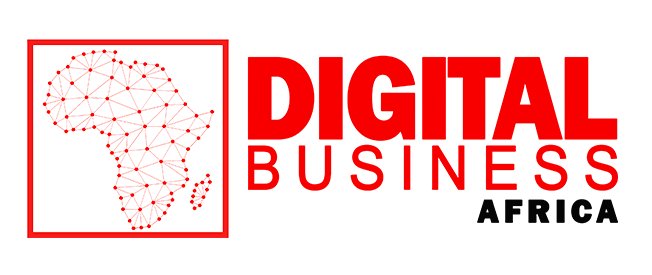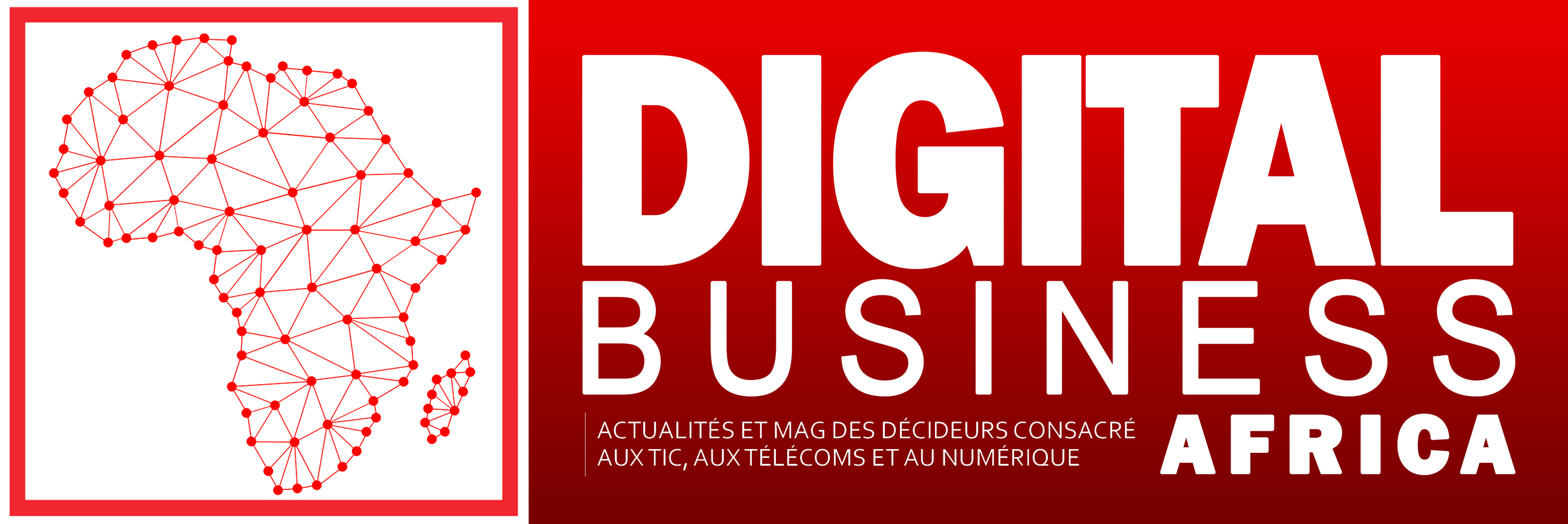I’m excited to announce that African Leadership International (ALI) has signed an agreement to acquire Silicon Valley based Holberton Inc. – a Silicon Valley-founded, project-based, college alternative educating the next generation of software engineers. Once complete, this acquisition will give ALI ownership of the advanced technology program that will enable us to provide global organizations access to significant untapped pools of talent that can bridge the growing global shortage of technology talent. It will also change the lives of millions of young Africans by equipping them with the software engineering skills essential for the future digital workplace. The acquisition is expected to be completed in the third quarter. As part of the transaction, the Holberton School network will be separated as an independent organization.
Here’s the full story:
Sources like the World Economic Forum estimate that, unless something changes, the world will experience a shortage of up to 97 million people in technology-related roles over the next decade.
Well today, something has changed: African Leadership International (ALI) has signed an agreement to acquire Silicon Valley’s Holberton Inc, thereby providing us (ALI) with the suite of tools and technologies to develop millions of young software engineers that can work remotely for global companies through our talent placement arm, The ROOM.
Holberton Inc offers a truly revolutionary software engineering training program that was launched in 2016 in San Francisco by Julien Barbier and his team. Their vision extended beyond creating just another 3-month coding bootcamp. They wanted to create a deeper program where students would code for 70-100 hours/week for up to 24 months. More like a Computer Science degree, the training program would cover low-level programming, algorithms, high-level programming, and systems engineering. It would then go into more advanced topics like machine learning, data science, and augmented and virtual reality. As a result of their program’s rigor, Holberton graduates in Silicon Valley have been hired by companies like Apple, Google, Tesla, LinkedIn, Docker, Dropbox, Pinterest, Rappi, and Nvidia. Holberton’s in-house data also shows that their Silicon Valley graduates earn more than computer science graduates from Stanford, Yale, and Caltech.
Four years ago – even before the pandemic accelerated the digital transformation – we formed the view that the world needed skills to power the fourth industrial revolution. So we launched ALX to train talent in full stack software engineering, data science, UX design, cloud computing, cyber security, product management, AR/VR and other technology fields to bridge the impending global technology talent shortage.
We saw Africa as uniquely positioned to solve the world’s shortage of technology talent. Traditional sources of tech talent – China, India, and the West – are aging and shrinking. In contrast, Africa’s population, with an average age of 19, is the youngest in the world. The continent will have a workforce larger than China and India’s by 2035, and will make up 40% of the entire world’s population by the end of the century. Yet, of the 26.5 million developers in the world in 2021, only 700,000 of them were African (according to the Google Africa Developer Report, 2021).
This is where Holberton came in. We began our partnership with Holberton Inc. in 2020, and went from an initial enrollment of less than 50 students to almost 100,000 today. That’s growth of over 2000x since the first cohort! Below is a chart of our trajectory so far and a map of where our students are located.


This acquisition made sense to our management team and board for four main reasons.
- The Holberton training program is a world class program: We believe in “Doing Hard Things” at ALI. This mantra speaks to our belief that Africa should not cut corners. We need to be bolder, more courageous, and more innovative than the rest of the world if we want even a slim chance of catching up to more advanced economies. We could have chosen a light touch, easy-to-pass 3-month coding bootcamp. But instead we chose to partner with one of the most intense and rigorous 12-24 month software engineering training programs in the world. The young people who go through the program in Africa are subjected to the exact same curriculum, projects, assessments and technology as those in Silicon Valley. They invest the same 70-100 hours/week for at least 12 months. Graduates from this program in the US are hired by companies like Apple, Tesla, Google and LinkedIn, so we know that the talent we are producing can compete with the best software engineers in the world.
- The Holberton program is massively scalable. With its unique ‘Checker’ platform, the Holberton team has built an automated way to review code. In a split second, their technology can assess the accuracy of any given code, its memory usage, the speed of its algorithm, conformity with best practices of syntax, and plagiarism. It can tell us whether a student submitted their assignment on time or not. As such, we are able to scale rapidly, without needing thousands of faculty, while keeping quality extremely high.
- Our students absolutely love Holberton. In the 20 years I have worked in education, I have never witnessed such consistent favorable feedback about course outcomes. When we analyzed aggregate student feedback from tens of thousands of students in the ALX training program, 94% rated their experience as either 4 or 5 out of 5. One of the most frequent comments I hear from students is; “this 12-month program is far better than my entire 4 years in college”. Below is a snapshot of a recent student feedback:

- Our organizations share the same vision and values: When I first read Holberton’s marketing materials, I felt like I was reading our own. They described how they wanted to create problem-solvers who would ‘learn how to learn’ and who could adapt as the world changes. They talked about self-directed, project-based, technology-enabled learning. They talked about not only providing students with technical skills but also the soft skills and critical thinking required to succeed in the real world. These were exactly the same things that have shaped our learning programs at African Leadership Academy, African Leadership University, and now at ALX.
And so after several months of discussions, it became very clear that if we combined forces, we would rapidly accelerate our work to unlock African talent at scale: creating exciting opportunities for young Africans, while also positioning Africa as the final frontier for technology.

I would like to thank Julien, Guillaume, Florian and all the other members of the Holberton team for their passion and dedication to this exciting mission. Special thanks also to East Wind Advisors, Winston & Strawn and Mazars for the financial, legal and accounting advice provided during this agreement. Finally, to African Leadership Group rockstars like Pepe, Angela, our board of directors and the bevy of others that made this happen – LFG!
By Fred Swaniker, Founder & Chief Curator at The Room






